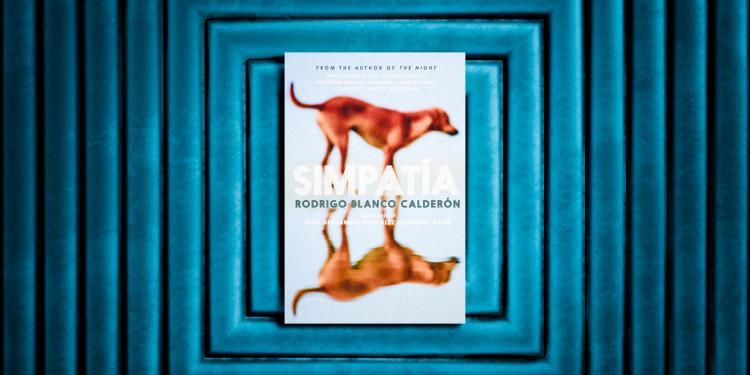Martín spent his time watching old movies and reading. His only other hobbies in his retirement were gardening and walking the dogs. Every day, he and Señor Segovia, his chauffeur and right-hand man, would take Michael, Sonny, and Fredo out for a walk. Two German Shepherds and a stray who were, according to him, “quite a sight.” They’d drive them in the pickup to a park just before Cota Mil and let them run loose. Sometimes Martín would get out with them. At other times, he preferred to watch from his seat in the truck, following their comings and goings, the jumping, the barking, the growling, and the biting, as if they were running at some crazy racecourse. Martín would always come back home happy, as if he had won, or lost, a bet against himself.
They talked for about six hours on that first afternoon. When Paulina picked him up that night, she couldn’t believe it. She wanted to know how her father was, what they’d talked about, how everything had gone.
Ulises attempted a summary, but he wasn’t sure how to do it. All he knew was that he’d had a great evening.
“By the way, your father’s very handsome,” Ulises said. “Now I know where you get your eyes.”
Her expression softened, and, for an instant, Ulises saw the child resurfacing like a drowned girl from the depths of Paulina’s face, only to sink back a second later.
“I think it’s because I’m an orphan too,” said Ulises, almost as an excuse.
“Did you talk about that?”
“No.”
“Aw, so poor little orphans just recognize each other, then?”
After thinking about it for a couple of seconds, Ulises answered:
“Yes, I think so.”
They drove the rest of the way in silence. As they entered the apartment, Paulina said:
“Sorry.”
“Don’t worry about it,” said Ulises.
“Honestly, thank you for going to see him.”
“It’s a pleasure. We agreed to meet again next week.”
“OK.”
“But I won’t go if it bothers you.”
“Why would it? Just go.”
And that’s how Ulises Kan became friends with his father-in-law, a man so handsome that he looked like Alain Delon.

















